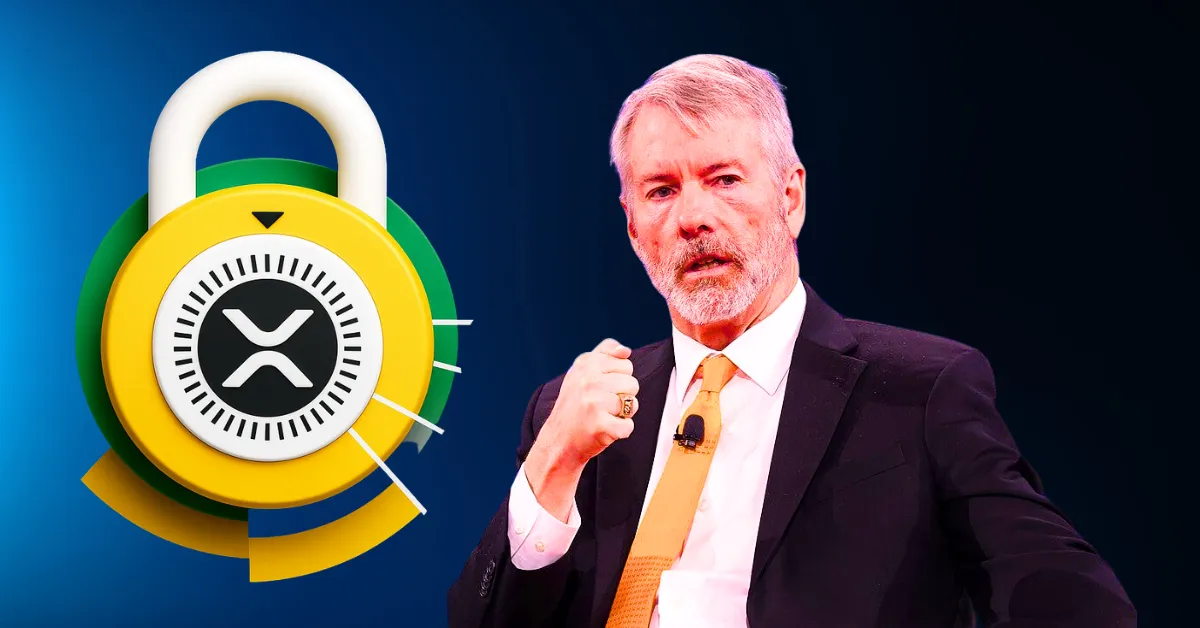
Bitcoin 2025 just got a shock of controversy, Michael Saylor made waves by calling proof-of-reserves “a bad idea,” as highlighted by analyst Mitchell. The bold remark has reignited debate around transparency and trust in crypto. In a recent interview, Saylor outright rejected the idea of publishing on-chain proof of reserves, a practice seen by many in the crypto space as essential for transparency and trust.
Saylor argued that current PoR methods weaken security by exposing sensitive data. He likened it to publishing bank account details and insisted AI analysis would reveal dozens of ways such disclosures could compromise long-term safety. Drawing from the FTX and Mt. Gox disasters, Saylor suggested that blindly chasing transparency without secure methods could do more harm than good.
The crypto community didn’t take his comments lightly. Notably, Bitcoin veteran Whale Panda (Stefan Jespers) called it a “major red flag,” stressing that Bitcoin’s core value lies in its transparency. Critics argue that there are ways to verify holdings securely, without compromising asset safety.
For example, Bitwise uses a “proof of holdings” method for its crypto products, and many crypto exchanges regularly publish audit reports to prove solvency. These examples contradict Saylor’s claim that such actions are inherently risky.
The backlash has even reignited old doubts. Some critics pointed to Saylor’s infamous $6 billion loss in 2000 due to an accounting scandal, suggesting a pattern of avoiding transparency. Others are reviving conspiracy theories that MicroStrategy may not hold actual Bitcoin, but instead, paper-based derivatives.
While Saylor remains a central figure in Bitcoin advocacy, this latest remark has cast a shadow over his approach to transparency, raising new questions about how institutional players should handle crypto accountability.
Proof-of-reserves is a method used by crypto firms to publicly verify their asset holdings and solvency using on-chain or third-party audits.
Yes, firms like Bitwise use “proof of holdings” and some exchanges publish third-party audits to show solvency without risking asset exposure.
MicroStrategy claims to hold real Bitcoin, but some critics raise doubts due to Saylor’s remarks and past transparency controversies.
BitMEX co-founder Arthur Hayes warns of rising macroeconomic pressure as the U.S. tariff bill comes…
Visa and Mastercard recently stated that stablecoins are nowhere near threatening their payments dominance. In…
On August 1, spot Bitcoin ETFs experienced massive investor withdrawals, with total net outflows hitting…
Cardano’s new project, Midnight, is giving away free tokens through its big Glacier airdrop, and…
The US crypto regulation has changed dramatically in 2025, with the Trump administration adopting a…
El Salvador made history in 2021 as the first nation to adopt Bitcoin as legal…